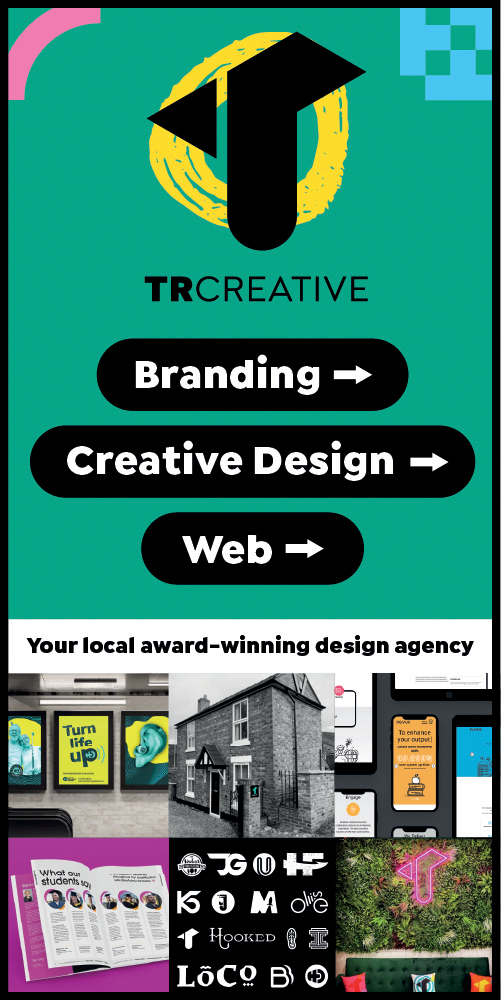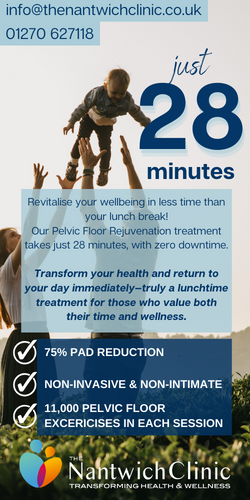
Educational travel offers a unique opportunity to expand learning beyond the confines of traditional classroom settings, providing students with real-world context and hands-on experiences that can significantly enhance their understanding and retention of knowledge.
As educators continually seek ways to enrich their curriculum, the value of visiting historical sites becomes clear.
These journeys allow students to connect with the past in a tangible way, fostering a deeper appreciation for history, culture, and the complexities of society.
Utilising minibuses for such trips presents an efficient, flexible, and cost-effective means of transportation, enabling schools to tailor educational outings to their specific learning objectives and logistical requirements.
Setting the Course: The Importance of Educational Travel
Educational travel is crucial in broadening the horizons of students, offering them a glimpse into the diverse tapestry of history, culture, and society that textbooks alone cannot provide.
When students step out of their daily environments, they are presented with a wealth of learning opportunities that can ignite a passion for discovery and a deeper understanding of the subjects they study.
Visiting historical sites in the UK, for example, allows learners to experience first-hand the settings of pivotal events and developments that have shaped the nation and the world.
This direct engagement not only enriches their knowledge but also enhances critical thinking, empathy, and a sense of connectedness with the past.
Furthermore, educational travel supports social and personal development, encouraging students to develop new skills, adaptability, and confidence as they navigate new experiences together.
Historical Highlights: Top UK Sites to Explore
The UK is home to an abundance of historical sites, each with its own story and significance, making it a veritable playground for educational travel.
From the ancient stones of Stonehenge that whisper tales of prehistoric times to the Tower of London, where history spans over a thousand years of British history, the options are as varied as they are educational.
The Roman Baths in Bath provide a glimpse into Roman Britain, while the Edinburgh Castle stands as a monument to Scotland’s turbulent past and rich cultural heritage.
Each site offers a unique learning experience, allowing students to explore different periods, events, and figures that have shaped the UK’s history.
These visits not only complement the curriculum but also bring it to life, providing a context that enriches students’ understanding and stimulates a lasting interest in history and learning.
Planning Your Educational Expedition: Tips and Tricks
Organising an educational trip requires careful planning to ensure that the experience is as enriching and smooth as possible.
The first step is to define the learning objectives clearly, determining what you want students to gain from the visit.
This clarity helps in selecting the most appropriate historical sites that align with your curriculum.
Next, early, and thorough communication with the venue can unlock special group rates, educational packages, and guided tours that enhance the learning experience.
It’s also vital to involve students in the planning process; their input can increase engagement and anticipation.
Preparing educational materials and activities for before, during, and after the trip can deepen the learning impact.
Lastly, consider logistics carefully – from permissions and safety measures to transportation and food.
Each element, when planned meticulously, contributes to the success of the educational journey, making it a memorable and valuable learning experience for everyone involved.
Choosing Your Chariot: The Advantages of Minibus Travel
When it comes to educational trips, the choice of transportation plays a crucial role in the overall experience.
Opting for a used minibus presents a series of benefits worth considering. Firstly, minibuses offer a level of flexibility and convenience that larger buses can’t match.
They can navigate narrower roads, allowing access to more remote historical sites that might otherwise be off-limits.
Additionally, a used minibus for sale often represents a cost-effective solution without compromising on comfort or reliability, making it an attractive option for schools and educational institutions operating within tight budget constraints.
The size of a minibus fosters a closer, more communal travel experience, encouraging interaction and discussion among students, which can enhance their learning experience.
Moreover, owning a minibus, or having access to one, allows schools the freedom to plan trips on short notice, offering more spontaneous learning opportunities outside the classroom.
Integrating used minibuses into educational travel plans thus combines economy, flexibility, and enhanced learning potential, making them an ideal choice for schools looking to broaden their educational horizons.
Learning on the Move: Interactive Activities for the Journey
The journey to a historical site in a minibus isn’t just a transition from one location to another; it’s an integral part of the educational experience.
Utilising this time effectively can further enrich students’ learning.
One approach is to introduce interactive activities related to the destination, such as quizzes or trivia about the site’s history, which can spark curiosity and prime students for what they’re about to see.
Another idea is to encourage students to journal or sketch their expectations or what they know about the site, providing a basis for reflection post-visit.
Technology can also play a role; consider creating a playlist of podcasts or short documentaries related to the destination to be played over the minibus’s sound system.
These activities not only make the journey more enjoyable but also reinforce the educational objectives of the trip, ensuring that the learning begins the moment students step onto the minibus.
Navigating Safety and Logistics: Ensuring a Smooth Trip
Safety and logistical planning are paramount in ensuring that educational trips are successful and stress-free.
Begin with a thorough risk assessment of the entire journey, from departure to return, identifying potential hazards and outlining measures to mitigate them.
It’s essential to communicate with parents and guardians, providing detailed itineraries and contact information.
Training staff and volunteers on emergency procedures and ensuring that all participants are aware of safety protocols can significantly enhance the group’s security.
Additionally, consider the logistics of the trip: scheduling regular breaks for longer journeys, planning for meals, and ensuring that all venues are accessible to everyone in the group.
Efficient organisation of these elements minimises disruptions and maximises the educational value of the trip.
Attention to safety and logistics ensures students’ wellbeing and contributes to a positive and memorable learning experience.
Beyond the Classroom Walls: The Lasting Impact of Travel on Education
Educational trips offer learning experiences that extend far beyond the immediate context of the visit, providing lasting benefits that permeate various aspects of students’ academic and personal development.
Exposure to new environments and historical contexts enhances critical thinking and problem-solving skills, as students learn to connect classroom knowledge with real-world situations.
Such experiences also foster independence and self-confidence, as students navigate new settings and interact with peers and educators outside the familiar confines of the classroom.
Additionally, the collaborative nature of travel can strengthen social bonds, encouraging teamwork and empathy among students as they share discoveries and challenges.
Importantly, trips to historical sites cultivate a sense of curiosity and a love for lifelong learning, inspiring students to explore and engage with the world around them.
The impact of educational travel thus extends well beyond the duration of the trip, shaping learners who are more informed, thoughtful, and engaged citizens.
(pic by Kim Traynor under creative commons licence)

















Recent Comments